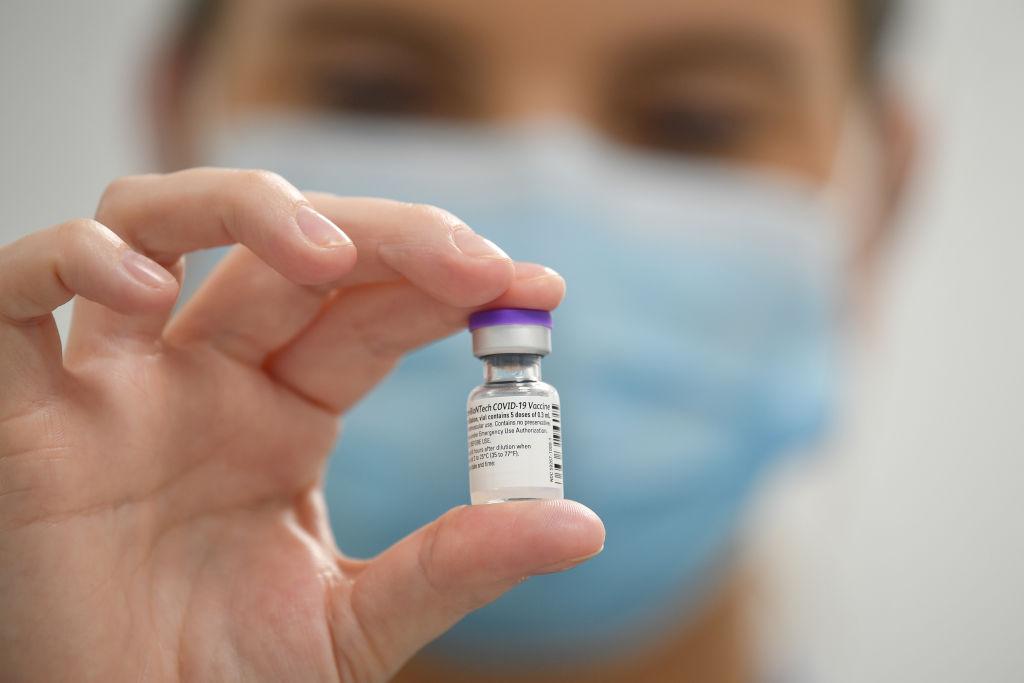The UK government’s advisory body on vaccination has decided not to recommend universal CCP virus vaccination for 12–15-year-olds, contrary to expectations.
The Joint Committee on Vaccination and Immunisation (JCVI) on Friday said it’s taking a “precautionary approach” because children have a very low risk of getting seriously ill from the CCP (Chinese Communist Party) virus—two in a million admitted to PICU according to the latest analysis.





